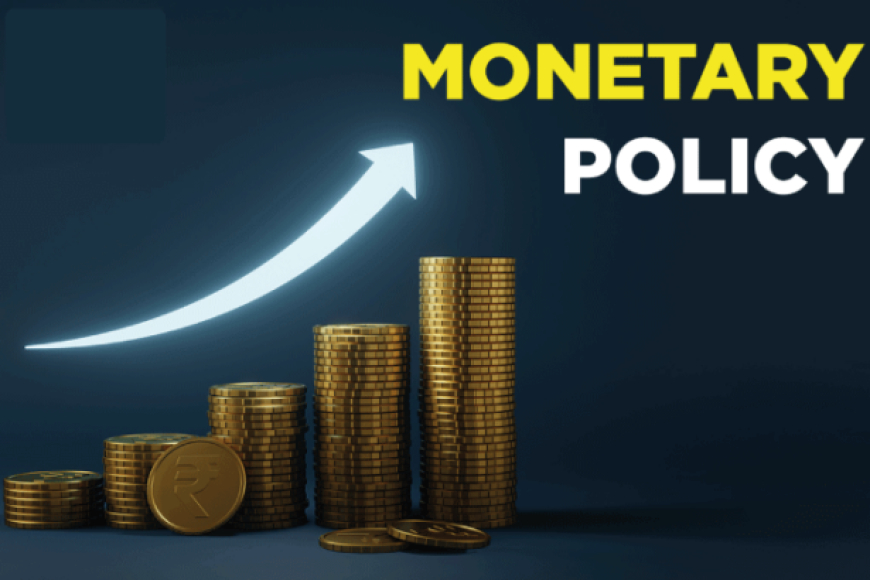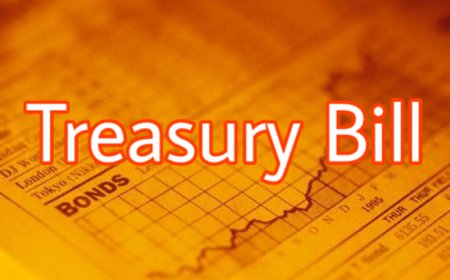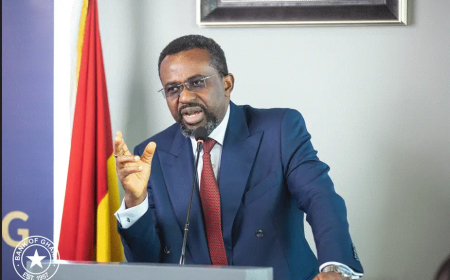BoG Governor Acknowledges Impact of 28% Policy Rate on Borrowing Costs
Governor of the Bank of Ghana has admitted that the recent increase of the policy rate to 28% will inevitably raise borrowing costs for both businesses and households, but insists the move is necessary to curb inflation and stabilize the economy.

Accra, Ghana – The Governor of the Bank of Ghana (BoG), Dr. Ernest Addison, has publicly acknowledged the burden the recent 28% policy rate hike will place on businesses and households, but maintains the decision is a strategic step to tackle persistent inflation.
Speaking during the central bank’s latest monetary policy briefing, Dr. Addison noted, “We recognize that this increase will raise the cost of borrowing for businesses and households, but it's a necessary intervention to stabilize prices and anchor inflation expectations.”
The policy rate, which influences commercial banks' lending rates, was increased from 27% to 28%, making it the highest level in recent years. Analysts predict this will lead to more expensive loans, reduced credit access, and cautious investment behavior.
However, Dr. Addison defended the move, emphasizing that inflation, while slowing, still poses a significant threat to economic stability. Ghana recorded a year-on-year inflation rate of 25% as of March 2025, and the central bank aims to bring it into the single-digit range over time.
Private sector players, especially SMEs, have voiced concern over the impact of the rate hike, citing increased operational costs and reduced consumer spending power.
✅ Conclusion:
As Ghana’s central bank pushes forward with tight monetary policies, stakeholders are calling for complementary fiscal measures to protect vulnerable sectors and support economic recovery. The weeks ahead will test how businesses and households adjust to the new borrowing landscape.
What's Your Reaction?



















































































